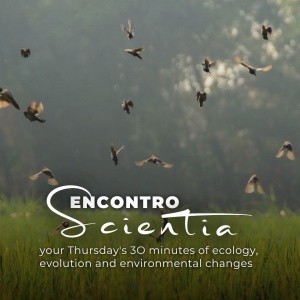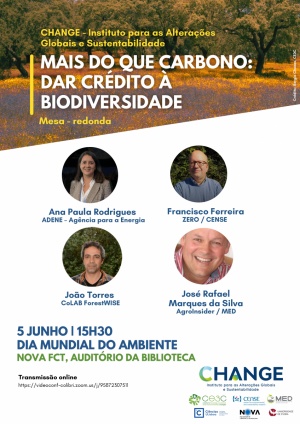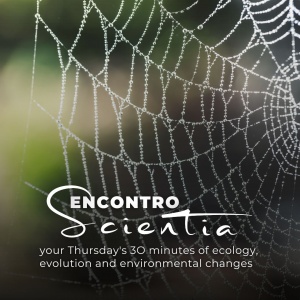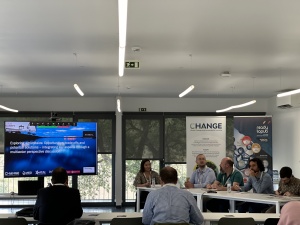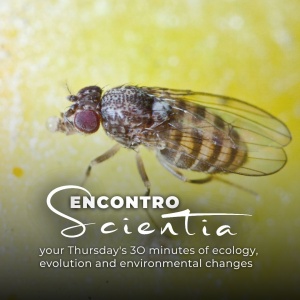27th May 2016, 10h00-13h00
Understanding why Island ecosystems are so species-rich has long been one of the central questions in ecology and evolutionary biology. The Macaronesian Islands (i.e. Azores, Madeira, Savage, Canaries, Cape Verde) exhibit many distinctive characteristics incuding a high degree of endemismo, and so are ideal for studying evolutionary and ecological processes at various spatial and temporal scales. Sharing knowledge and discussing ideas on the state of the art research on the Macaronesian Islands are some of the key features of this workshop, organized in the framework of the FCT project – PTDC/BIA-BIC/4113/2012 “Conservation of plant biodiversity in the Macaronesian Hotspot: Integrating phylogenetic, taxonomic and ecological approaches to study the Cape Verde endemic flora” (IlhasMac). This meeting will bring to the FCUL international researchers working on different subjects, within the Macaronesian archipelagos.
Please find in attachment the workshop program.
Location: Faculty of Sciences, University of Lisbon (FCUL), C1, 3rd floor (FFCUL amphitheater)


